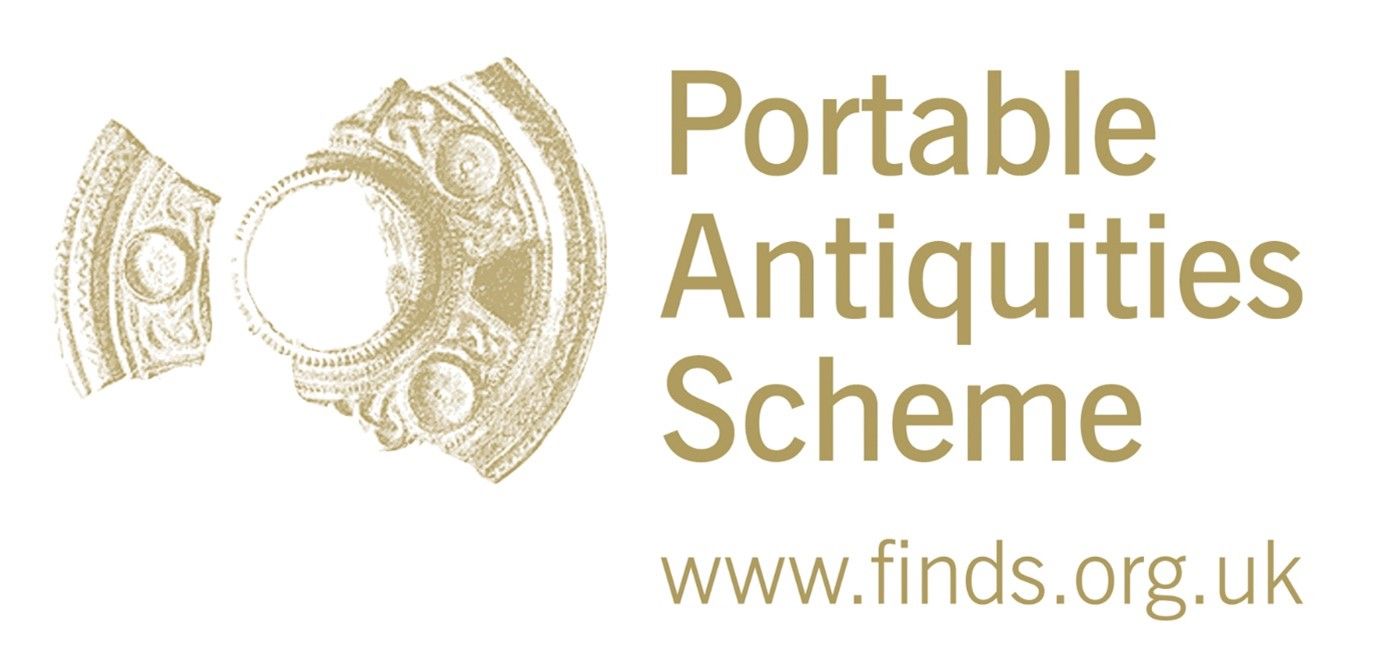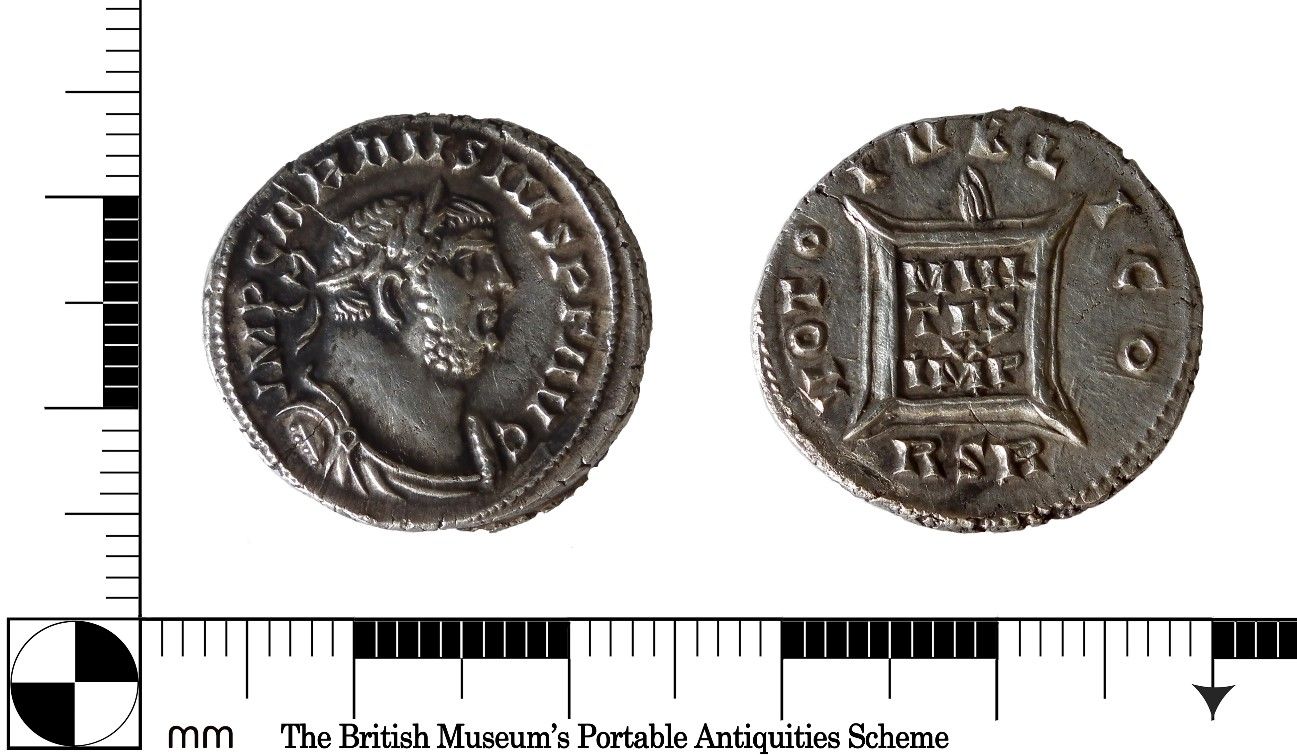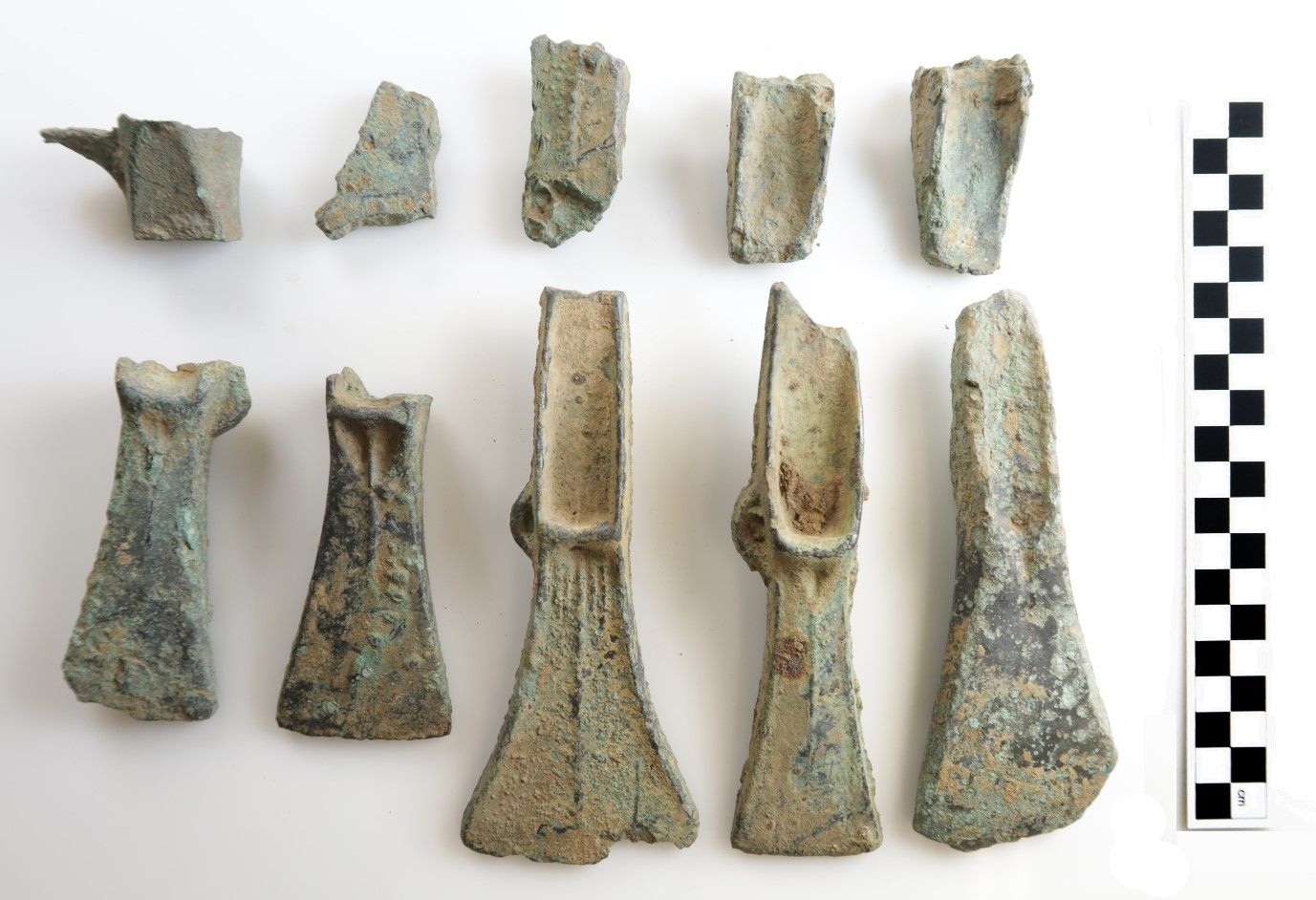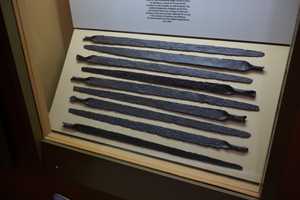Metal detecting is a hobby which has grown hugely in popularity in recent years and now involves a wider range of people than ever before. All of this activity has produced some extraordinary archaeological discoveries and, when undertaken with care and consideration, can be of great benefit to our understanding of the past.

Before heading out with a metal detector however, it is very important to be aware of both the legal and ethical issues involved in what you are doing. Under UK law, there is no such thing as “finders keepers” and you always need a landowner’s permission, both to detect and to keep anything that you may find. Detecting on public land and on legally protected areas (like ancient monuments) is also strictly prohibited.
It is important to understand when you are out that there is always the potential for equally finding something exciting – and destroying it! Archaeological remains and objects are a finite and fast diminishing resource of information and it is critical that important finds are treated with care and properly recorded. You should always record a findspot (grid reference), as “where it comes from” is just as important as “what it is” when it comes to learning about the past. You should also never remove finds from undisturbed archaeological contexts. All of this is part of the code of practice for responsible metal detecting.

There are a number of laws you always need to consider too. The most important is the 1996 Treasure Act, under which groups of coins, prehistoric metalwork or precious metal objects over 300 years old need reporting to the local Coroner within two weeks of finding. Other laws prohibit detecting on scheduled archaeological monuments and disturbing human burials. If you break any of these laws you may end up being prosecuted, so it’s always worth being aware and seeking advice if necessary.

The Portable Antiquities Scheme (PAS) provides a network of Finds Liaison Officers (FLOs), who can identify and record finds on the national database (www.finds.org.uk). The database has over 1.5 million records, representing a huge amount of archaeological knowledge. The recording process is an essential responsibility of the detecting hobby and your FLO will help you do this! They can also help you navigate the complexities of the laws surrounding detecting and should be your first point of call for reporting “treasure” finds.
Your local FLOs in Hampshire work for Hampshire Cultural Trust and can be contacted at flo@hampshireculturaltrust.org.uk. The code of practice for responsible metal detecting can be found here.
If you have enjoyed Culture on Call and you are able to make a donation, please click the link below. Any support you can give will help us keep communities connected to culture in these difficult times.





